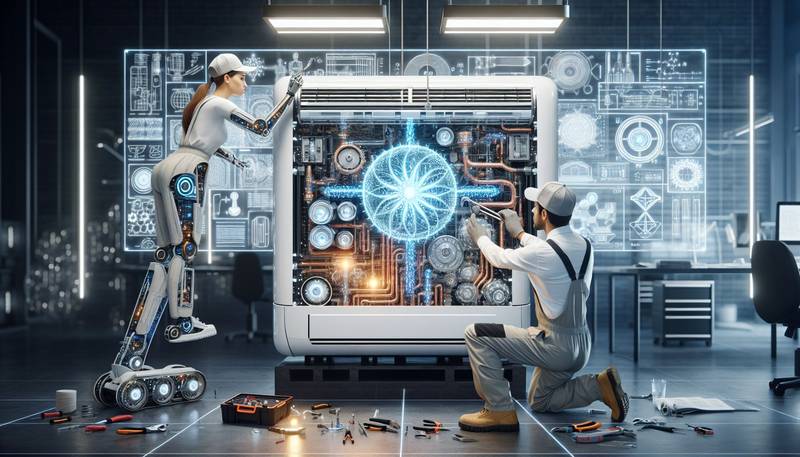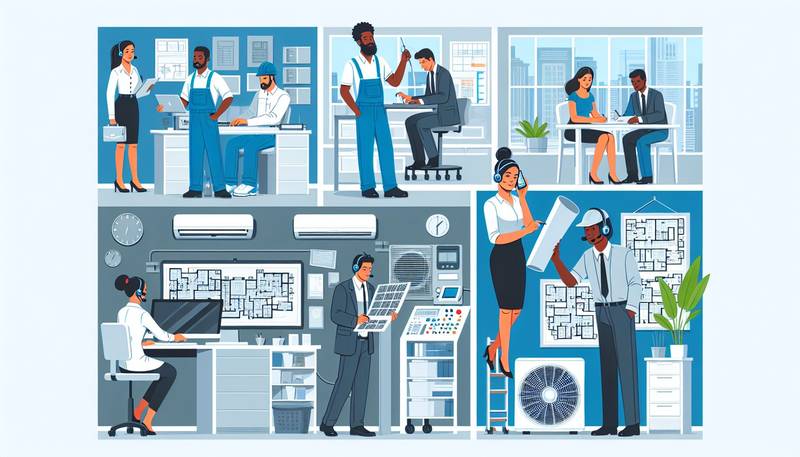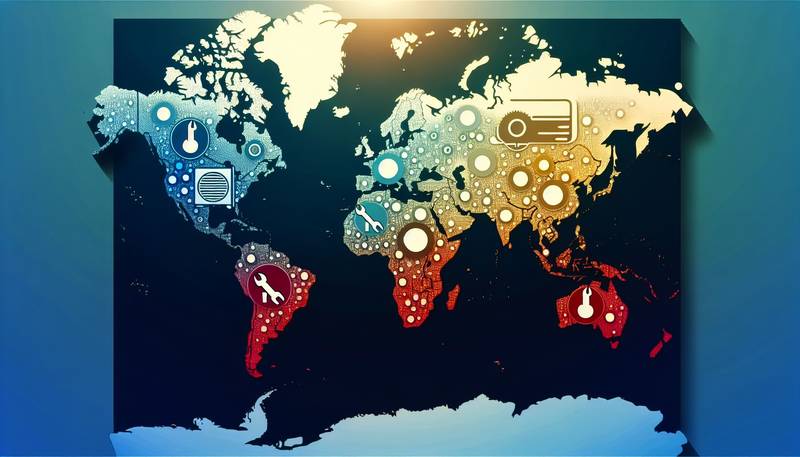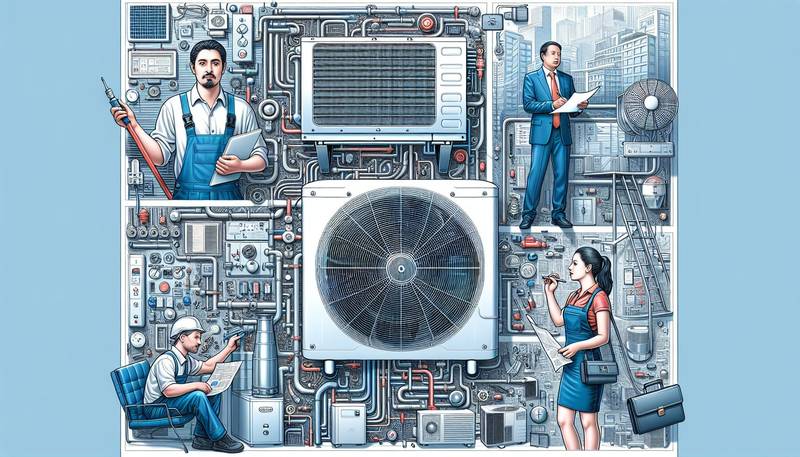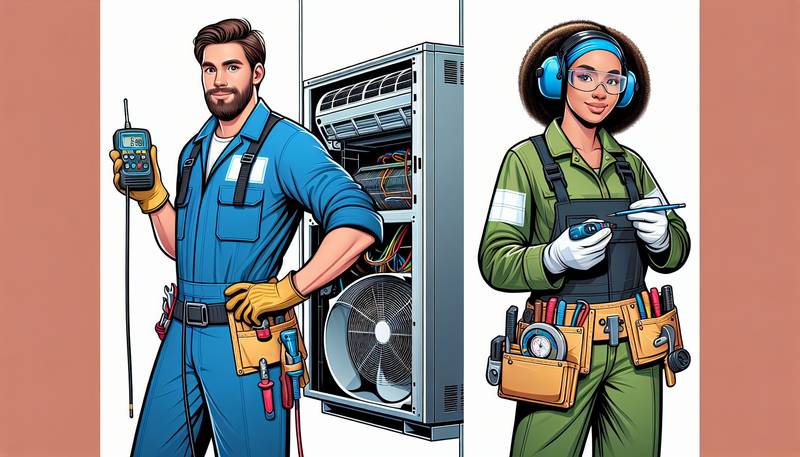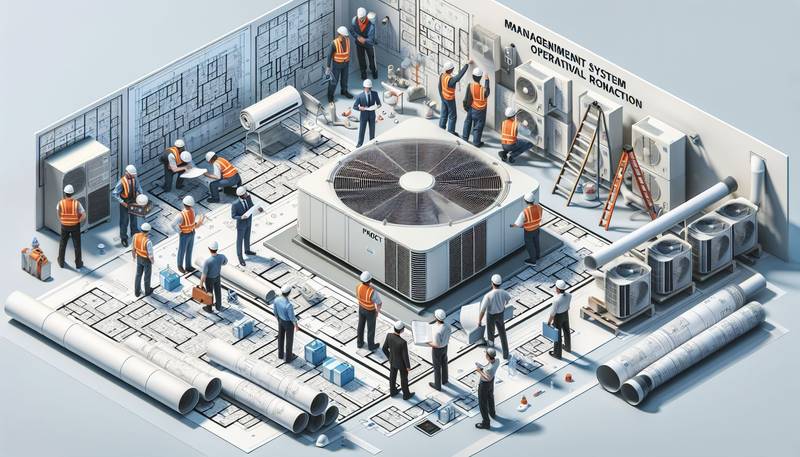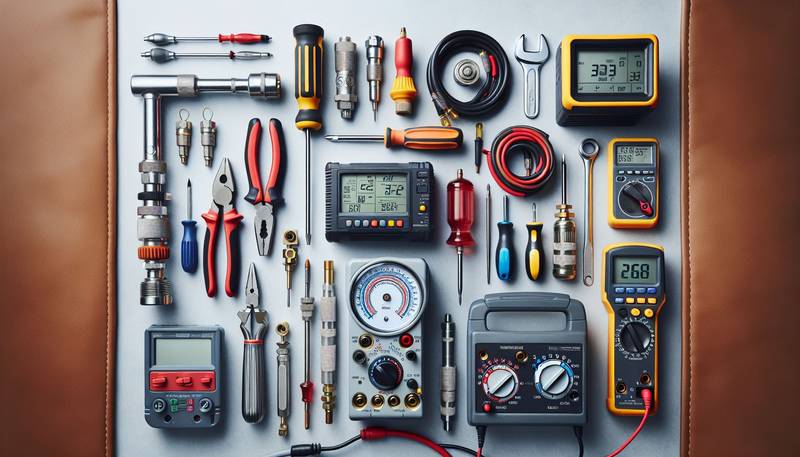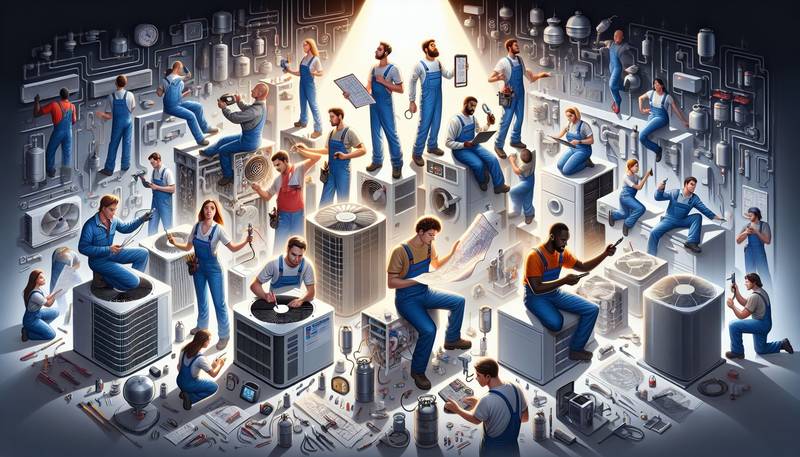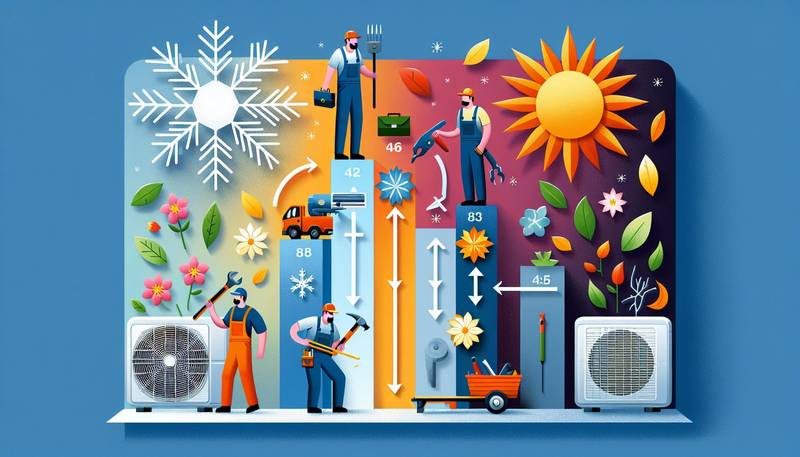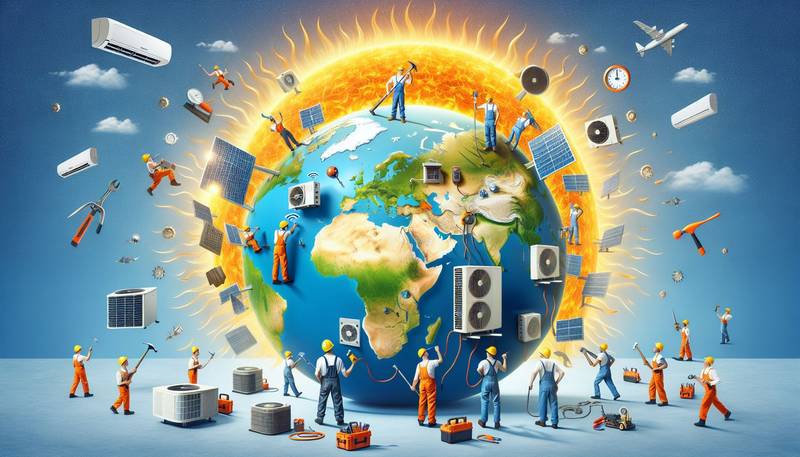The Future of Refrigerants: An Emerging Trend in Air Condition Jobs
One significant trend in this industry is the shift towards more environmentally friendly refrigerants. As global concern over climate change continues to grow, there is a heightened focus on reducing the environmental impact of air conditioning systems. This has led to a push towards the development and adoption of alternative refrigerants that have lower greenhouse gas emissions and are less harmful to the ozone layer.
The Transition to Environmentally Friendly Refrigerants
One of the major drivers behind the shift towards environmentally friendly refrigerants is the phaseout of hydrochlorofluorocarbons (HCFCs) and hydrofluorocarbons (HFCs). These chemicals have been widely used in air conditioning systems for many years but are known to have a high global warming potential. As a result, international agreements such as the Montreal Protocol and the Kigali Amendment have mandated the phasing out of these substances in favor of more sustainable alternatives.
The Rise of Low-GWP Refrigerants
The search for alternative refrigerants has led to the development of low-global warming potential (GWP) options that are more environmentally friendly. These refrigerants, such as hydrofluoroolefins (HFOs) and hydrocarbons, have significantly lower GWP compared to traditional HFCs. By using these low-GWP refrigerants, air conditioning systems can help reduce greenhouse gas emissions and mitigate the impact of climate change.
The Impact on Air Condition Jobs
The transition to environmentally friendly refrigerants is having a significant impact on the air conditioning industry and the professionals who work in this field. Technicians and engineers who specialize in air conditioning systems are now required to have knowledge and expertise in handling and working with these new refrigerants. This has led to a growing demand for skilled workers who are trained in the installation, maintenance, and repair of systems that use low-GWP refrigerants.
Training and Certification Programs
To meet the growing demand for qualified air conditioning professionals, many training and certification programs have been developed to provide the necessary skills and knowledge required to work with environmentally friendly refrigerants. These programs cover topics such as refrigerant management, leak detection, system retrofits, and compliance with regulations regarding the use of alternative refrigerants. By completing these programs, technicians can ensure that they are up to date with the latest industry standards and practices.
Job Opportunities in the Green Economy
As the air conditioning industry continues to shift towards more sustainable practices, there is a growing emphasis on creating green jobs that support a low-carbon economy. Professionals who are knowledgeable about environmentally friendly refrigerants are well-positioned to take advantage of job opportunities in this emerging sector. By specializing in the use of low-GWP refrigerants, technicians can differentiate themselves in the marketplace and contribute to the global effort to combat climate change.
Conclusion
The future of refrigerants in the air conditioning industry is moving towards more sustainable and environmentally friendly options. The transition to low-GWP refrigerants presents new challenges and opportunities for professionals in the field, requiring them to adapt their skills and knowledge to meet the demands of a changing industry. By staying informed about the latest developments in refrigerant technology and completing training programs in environmentally friendly practices, air conditioning professionals can position themselves for success in a rapidly evolving job market.
